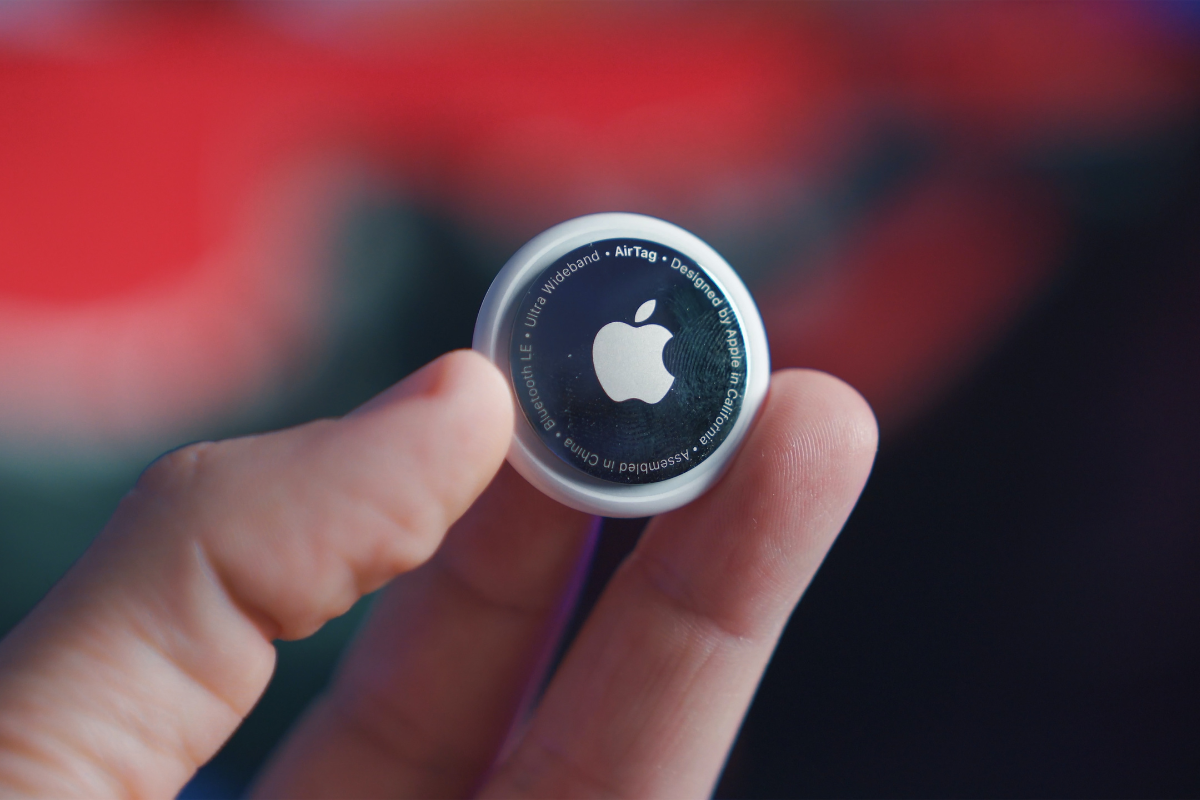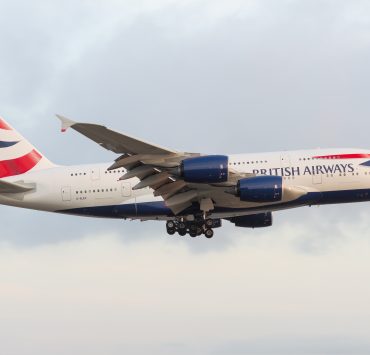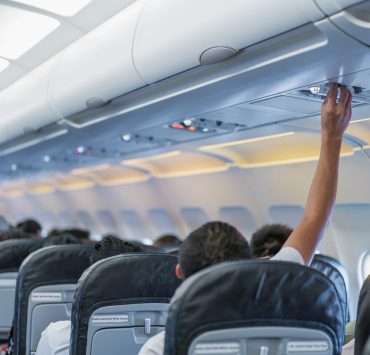
The International Civil Aviation Organization (ICAO), the official UN body responsible for drawing up globally recognized rules for the aviation industry, has finally changed guidance that seemingly barred passengers from using Apple’s popular Airtag device as a luggage tracker.
Despite Apple marketing the gadgets as luggage trackers, the use of these small disc-like devices for this very purpose had been questioned by several airlines who claimed they didn’t comply with ICAO rules governing the carriage of lithium batteries in an aircraft hold.
Lithium batteries power nearly all of our modern tech such as mobile phones, tablets and laptops, but the propensity of these batteries to overheat and catch fire is a risk that keeps the entire aviation industry on edge.
Worryingly, battery fires in the passenger cabin are on the rise but are normally quickly and effectively handled by flight attendants who are armed with special fire containment bags and oxygen-sapping extinguishers.
A fire in the aircraft baggage hold, however, can’t be quickly put out and could pose a genuine safety threat to an aircraft.
As a result, ICAO has drawn up so-called ‘dangerous goods regulations’ that bar certain items from being carried in the aircraft hold. One such item which is heavily regulated are lithium batteries.
In some cases, smaller lithium batteries can be carried in the hold, but until now, ICAO erred on the side of caution and stipulated that all lithium batteries not exceeding 2g were only permitted in checked luggage when switched off.
AirTags use tiny CR2032 lithium coin batteries weighing just 0.109g, but because they are ‘always on’, the ICAO rules seemingly didn’t make an exemption.
The issue came to light after German flag carrier Lufthansa suggested Airtag’s couldn’t be used as luggage trackers, causing a huge international furore which ended in the airline seeking advice from the German Aviation Authorities (Luftfahrtbundesamt).
Their assessment was that Airtag’s didn’t pose a safety threat and could be used as a luggage tracker, allowing Lufthansa to lift its soft ban last October.
At that point, the issue seemed resolved until Air New Zealand also announced that, technically speaking at least, Apple Airtag’s couldn’t be put in the aircraft hold because of ICAO guidance.
Now, ICAO has got around to addressing this issue for good, and earlier this month, the agency’s council approved a new amendment addressing international instructions on the carriage of active small lithium battery-powered electronic devices in checked baggage.
The amendment reads: “Based on the revised requirement, devices powered by small lithium batteries in checked baggage can stay turned on during the flight, provided their lithium metal battery’s lithium content is less than 0.3 grams, or if its lithium-ion battery’s output is less than 2.7 Wh”.
This, of course, means that Apple Airtags can officially be used as a checked bag luggage tracker.
ICAO warns, however, that “for devies with lithium batteries that exceed the above limits, the obligation to turn them off in checked baggage remains.”
Mateusz Maszczynski honed his skills as an international flight attendant at the most prominent airline in the Middle East and has been flying throughout the COVID-19 pandemic for a well-known European airline. Matt is passionate about the aviation industry and has become an expert in passenger experience and human-centric stories. Always keeping an ear close to the ground, Matt's industry insights, analysis and news coverage is frequently relied upon by some of the biggest names in journalism.









